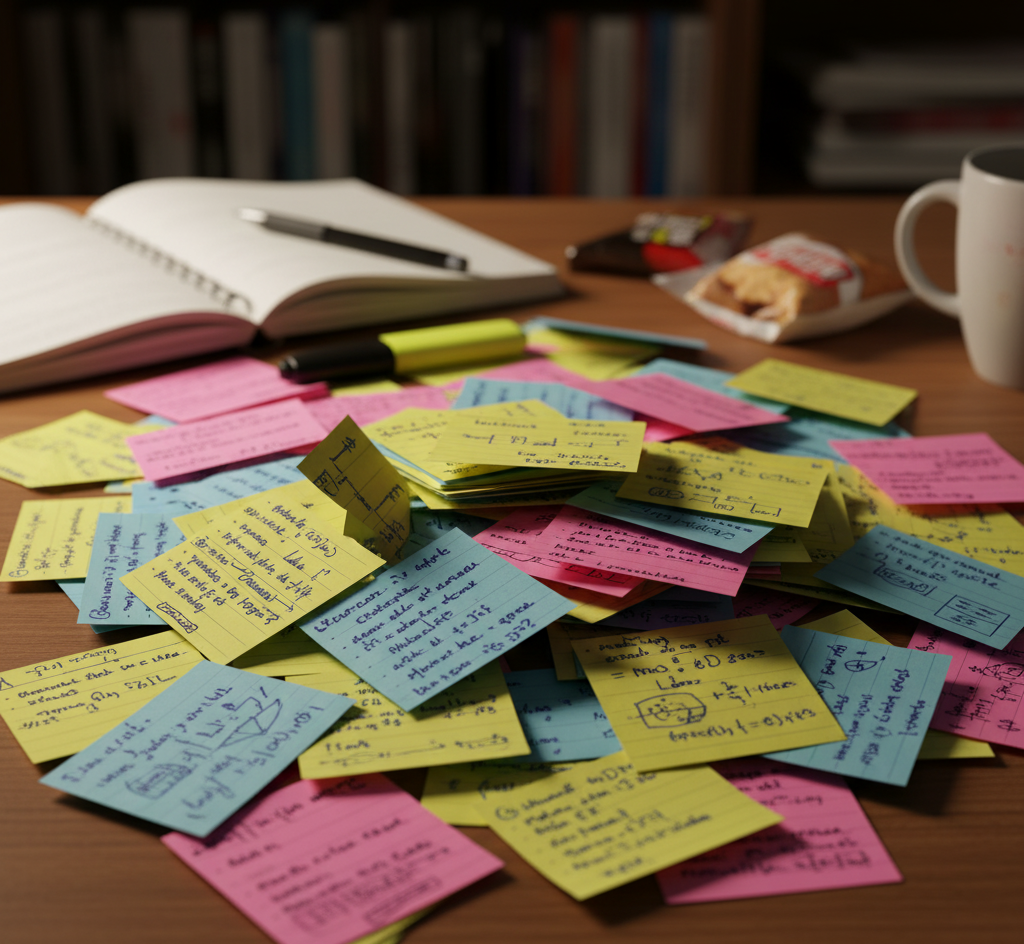Ever sat down with your journal, pen in hand, and thought, “Nope, not today”? When you’re already juggling a dozen things, the idea of pouring your thoughts onto paper can feel like yet another chore. And isn’t journaling supposed to help with overwhelm—not add to it?
I’ve been there. Some days, I want the clarity journaling brings, but my brain feels too noisy to even write the first word. If that’s you, you’re not failing at journaling—you’re human.
In my earlier post, 50 Journal Prompts for Clarity, I shared specific prompts to help you organize your thoughts. But what if even prompts feel like too much? That’s what this post is for. Together, we’ll look at simple, compassionate steps you can take when journaling feels overwhelming, so you can ease into clarity without pressure.
Start Small (Like, Really Small)
When you feel overwhelmed, journaling doesn’t need to look like three pages of deep reflection. It can start with a single sentence.
- Write down one word that describes how you feel.
- Jot one thing you want to let go of.
- Capture one win from your day, no matter how tiny.
Small steps count. You’re still creating space for reflection, and sometimes that single sentence is the doorway to more.
Personal note: I once kept a journal where my entire entry for the day was just “tired.” Funny thing is, seeing that one word later reminded me exactly what season of life I was in.
Try a Brain Dump Instead

If structured journaling feels impossible, let your thoughts spill out with no agenda. Call it a brain dump, a mind sweep, or a mental declutter—whatever works for you.
Here’s how:
- Open your notebook or app.
- Write everything swirling in your head, in no particular order.
- Don’t worry about grammar, neatness, or “making sense.”
The point is release, not perfection. Think of it as clearing your mental desk so you can actually see what matters.
Use Guided Prompts for Support
Sometimes, overwhelm comes from not knowing where to start. That’s where guided prompts shine.
If you haven’t checked it out yet, my 50 Journal Prompts for Clarity post is full of ready-to-use ideas. Even choosing one simple question like “What do I need most right now?” can unlock surprising insight.
Prompts work like a compass. Instead of staring at a blank page, you get a gentle nudge in the right direction.
Ditch the Notebook (Yes, Really)

Who says journaling has to happen with pen and paper? If the thought of sitting down with a journal feels heavy, switch things up:
- Voice notes: Record your thoughts into your phone.
- Typing: Open a blank doc and let your fingers fly.
- Sticky notes: Jot quick bursts of thoughts and stick them somewhere visible.
Journaling isn’t about the medium—it’s about reflection. The best format is the one you’ll actually use.
Lower the Pressure
Here’s a secret: you don’t need to journal every day to benefit from it. Missing a day (or ten) doesn’t erase your progress.
Instead, reframe journaling as an invitation, not an obligation. Even once a week, or once a month, can be meaningful. Journaling is a tool, not a test.
Reflection: Think about this—if journaling makes you feel guilty, is it really serving you? Maybe it’s time to loosen the rules and make it something gentler.
Pair Journaling with a Ritual
Sometimes what helps isn’t the writing—it’s the atmosphere around it. Pair journaling with a calming ritual to make it something you look forward to:
- Brew a cup of tea.
- Light a candle.
- Play calming music.
- Sit somewhere cozy.
Create an environment that signals calm. When journaling feels like self-care, not homework, it becomes easier to start.
When You Still Can’t Journal… Reflect Anyway

Some days, no matter what, writing just doesn’t happen. That’s okay. Reflection doesn’t only live in your notebook.
- Take a mindful walk.
- Talk through your thoughts with a trusted friend.
- Practice a few minutes of meditation.
The goal is clarity, not ink on paper. Journaling is one tool, but not the only one.
Conclusion
Feeling too overwhelmed to journal doesn’t mean you’ve failed—it means you’re listening to yourself. And that’s actually the first step toward clarity.
Start small, brain-dump if needed, or use prompts for gentle guidance. Let go of the “rules” and find a version of journaling (or reflection) that feels doable right now.
And if you’re curious about deepening your growth process, check out my guide on Best Tools to Learn Anything Faster. Sometimes, clarity comes not from pushing harder but from choosing the right support.




